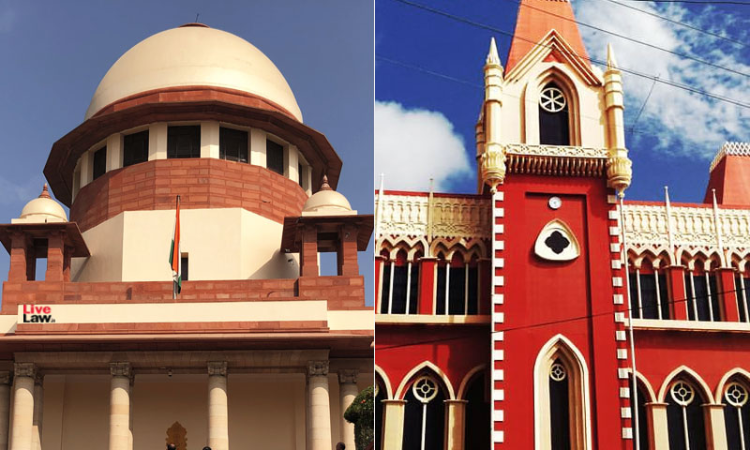SC Issues Notice On Calcutta HC's Challenge Against Its Own Judgment Modifying Senior Designation Guidelines
Mehal Jain
14 Jan 2020 4:19 PM IST

Next Story
14 Jan 2020 4:19 PM IST
The Supreme Court has issued notice on a petition filed by the Calcutta High Court challenging its own judgment that allowed in part the challenge to its own guidelines for designation of advocates as 'senior'. Before the High Court, Debasish Roy, a lawyer, had challenged the guidelines as not complying with the directives issued by the top court in the Indira Jaising case. In...
